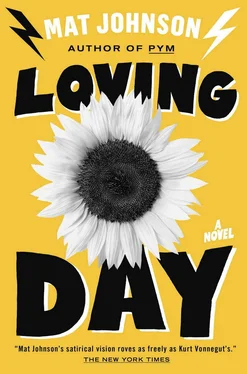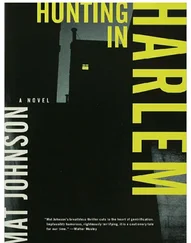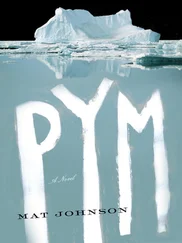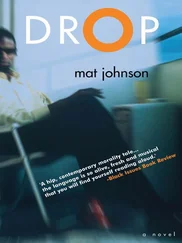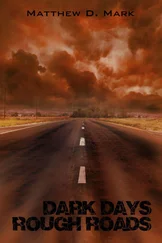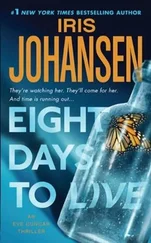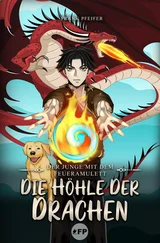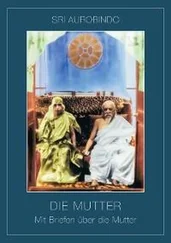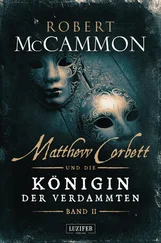Tal doesn’t say anything.
“All this time, and where’s the clothes? Where’s your coat?”
“You’re yelling at me and my grandfather just died!”
Really, only the first six or seven of those words even make any sense. The word I really don’t get, even though she makes it out before the sentence transitions into a wail, is the died part. I look over at Irv.
Irv’s head is tilted all the way back in the lounger, but his eyes are open and frozen and staring straight up above him. I actually look up there too, like there will be instructions on what to do next stapled to the ceiling.
—
Into the landline phone, I’m saying, “I’d like to report a death,” but I don’t like to. Not at all.
I look at my daughter. I want to tell her that I’m here for her, and I do, but it doesn’t improve things because she can already see that I’m here, and the only reason I’m here in this apartment is for her.
“This is it, Pops,” Tal says after I’ve hung up.
“What is ‘it,’ honey?” and I put my arms around her.
“This is what the ghosts were trying to tell me.”
OUR FATHERS ARE dead. Tal’s and mine. We are alone, together. Now we are completely in the present, the past having dissolved.
Tal tells everyone in Mulattopia she can that she knew. That Irv was going to die. Not because he told her — she now claims he didn’t, she claims the words never actually came out of his mouth — that he was going to die. That the ghosts told her. Whether they believe her or not, the Mulattopians come to the house. In groups, mostly. Of at least three — one time, nine — and offer their condolences. But they also listen to her story. Not just politely, not just consolingly. They listen without moving their bodies. They listen for detail. Tal tells them, “I, like, knew.” She knew as soon as she entered Irv’s building. That she decoded the sign of the bathroom visitation en route. “I’m in the elevator, rising, right? And I’m thinking, This must be what dying is like, you know? And it totally hits me. What I saw upstairs, that night. What you have all seen, in my video. There’s life, and death, and all that, and they’re both happening at, like, the exact same moment.”
“Yeah,” some say and they nod and nod and some may actually mean it. They finish by looking together at the clip on her laptop once more. They point out new evidence and theories from that night, and this seems to console Tal. I walk through the room after the first of these encounters, giving my daughter a casual sniff. She doesn’t smell like weed or booze. She could be high on something else, of course, but I doubt that’s it.
The attention is fine, the concern is fine, but when I try to talk to Tal alone about the loss, about enduring it, I just get the same platitudes. The only ones Tal really talks to are the ones who believe in the ghosts of her imagination, and Sunita Habersham. The latter insists on cooking for my daughter, even if she only knows how to make coffee and tea and instant oatmeal and other recipes that primarily involve the boiling of water.
“The First Couple told me,” Tal says to the others who come visiting, condolences in mouth. Parked in my living room, nibbling at the donuts they just brought as an offering. Nodding their heads solemnly. She means that as a joke , I want to say. But it isn’t funny. Nobody sees the humor in it.
I am trying not to feel any sense of relief about the passing of Irving Karp — but there will be the inheritance, that condo alone should be enough to pay for Whitman College and all the books and fees that entails, and any life insurance settlement on top of that will be an extra blessing to Tal’s economic future. She will be left with more than a large, decaying house to depend on. I feel the relief of that like someone who has taken sharp stones out of their shoes. This feels so good, so buoyant even, that I have to force myself to think of Irv’s face before I become giddy. Of the way he swung his long neck to look at you, or that laugh that sounded like years of smoking had added to his morbid sense of humor. Of what Tal lost, and what he lost in Tal’s mother. And what the world has lost now that he’s no longer walking in it.
We go to the funeral together. Sunita, Tal, me, all wearing matching outfits: black. We’re in the Bug. And I’m driving. And in the echo of my head, we are finally a family. As real as any family I’ve had the opportunity to be a part of since my own short-lived childhood unit. I even start humming as I drive the Beetle to the funeral home. A tune I realize is far too pleasant for the occasion when Sunita pinches my knee wordlessly.
The service is depressing, but quick and efficient. The rules were set millennia ago. Soon we’re back in the car, on the highway, off to the cemetery. Only family are at the grave site, and there’s not even a headstone, which won’t come till a year later at its unveiling.
“Everybody does burial differently. My dad didn’t even want a funeral. No memorial, nothing,” I say as I wait with Sun, down by the cars, for the family to say goodbye.
“I’m going to die in New Orleans,” Sunita Habersham tells me.
“No one knows where they’re going to die.”
“I do. I’m going to go there, eventually. Definitely when I get older. Bask in the music, get fat on the food. But mostly, so I can die there. So I can get that jazz funeral, that’s what I want. A second line band, marching down the street. Just make it a celebration, right? All life ends in death — you can’t let it be framed in tragedy. That’s how I’m going out. Also, I want to be dressed as The Dark Phoenix. Just in case the zombie apocalypse kicks in.”
“Do we do the pebble on the tombstone thing?” I say, looking over at them.
“I think that’s next year. Every year after till there’s no one to remember. That’s beautiful too. Look at them.”
I do. They’re over there. There’s Dot, and Art, and Dot’s daughter, Elissa, and others woven together with unseen bonds. Tal’s got her cousins. They stand together, watch. One lanky kid stands a few feet off, texting.
“In the end, we just have our people, our tribe,” Sun says, and she grabs my hand, squeezes it. “Even when you’re gone, when your biological family’s gone, your tribe’s still there. Keeping your memory alive.”
Dot is not very observant as a Jew. I know this because Dot says “I’m not very observant, as a Jew” to me when she gives me directions, and again when she answers the door at her house. Still, all the mirrors are covered, and she’s sitting shivah, although she’s not sure she’s sitting it properly, which she also confesses. Dot’s an excellent host, though, and a damn good cook. Or her friends are. And many trays and delights are offered for consumption. I stand with Sun. Tal, she flutters by every few minutes so that I know that despite the fact that I recognize almost no one here, I’m in the right home. I poke her shoulder at one passing, ask how’s she’s doing, and she snaps, “Fine!” annoyed at the suggestion that she would be anything else. As if this whole occasion were merely a house party with old people.
“She’s drifting apart. From me. Already. And we just met, really.”
Tal has her phone out. It’s way too big for her. It’s nearly a tablet. The others, the teens, the twenty-somethings, they gather around Tal to look at what’s in her hands.
“Oh God, she’s showing them her damn ghost movie.”
I put down my little plastic plate on a breakfront and take a step toward Tal, when Sun’s hand falls on my arm and stops me.
“It’s morbid,” I whisper to her.
“It’s helping her cope,” she says back. “She needs to feel special. It helps with the loss. Like Peter Parker becoming Spider-Man after he lost Uncle Ben. When I lost Zeke, for me it was helping to start Mélange.”
Читать дальше
